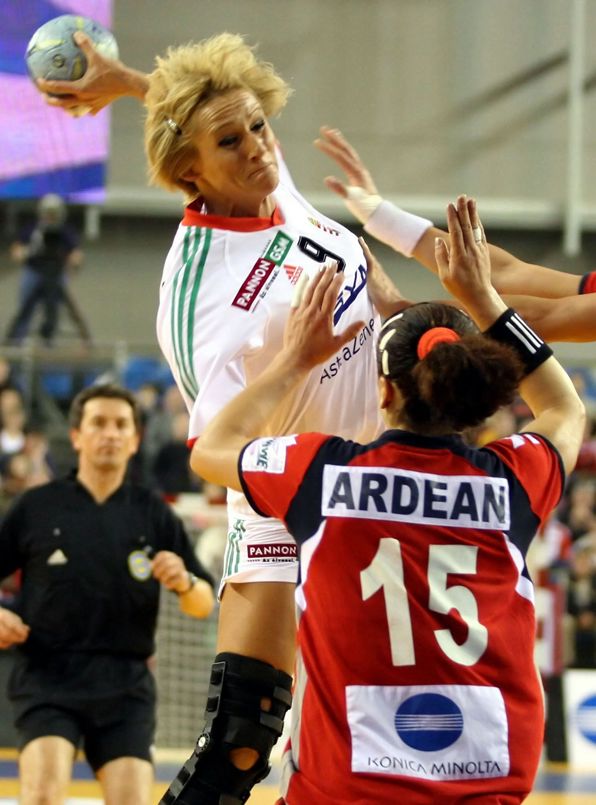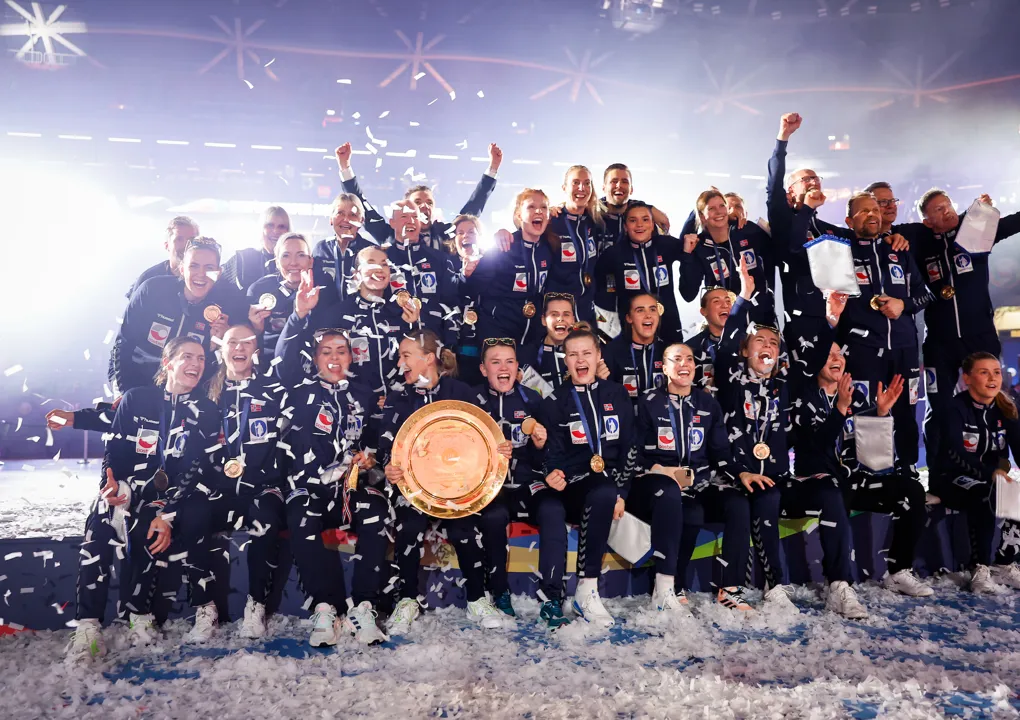3 teams qualify directly from the Women’s EHF EURO 2024 to the 2025 IHF Women’s World Championship in Germany and the Netherlands, while 11 more will qualify through play-offs in April 2025.
3 countries — Austria, Hungary and Switzerland — host a Women's EHF EURO for the second time, after the 2022 edition took place in Slovenia, Montenegro and North Macedonia. While Hungary has already hosted the Women’s EHF EURO 2004 and 2014 (with Croatia) and the Men’s EHF EURO in 2022 (with Slovakia), the other two co-hosts have previously only hosted Men’s EHF EURO tournaments — Switzerland (in 2006) and Austria (in 2010 and later in 2020 with Norway and Sweden).
3 Women's EHF EURO hosts became European champions on their home ground: Denmark twice (1996 and 2002) and France in 2018. As a co-host, Norway won the trophy in 2010, but the final was played in Denmark (Herning).
4 cities host the Women’s EHF EURO 2024: Vienna (main round, final weekend), Debrecen (preliminary round, main round), Basel and Innsbruck (both preliminary round).
5 different countries have been Women's EHF EURO champions since 1994: Norway (9), Denmark (3), Hungary, Montenegro and France (once each). All of them will also be at the start of the 2024 event.
6 times a Norwegian player was awarded the MVP trophy at the Women's EHF EURO, including Henny Reistad in the previous event in 2022.
9 times (1996, 2004, 2006, 2008, 2010, 2014, 2016, 2020, 2022) Norway were Women's EHF EURO champions.
13 medals Norway won in total at Women's EHF EURO events. In addition to nine gold medals, the Scandinavians won three silver and one bronze medals. Norway are ahead of Denmark (6), France (5), followed by Hungary and Russia with four medals each.
13 goals was the biggest difference in a Women's EHF EURO final so far, when Norway beat Spain 34:21 in 2008.
14 countries have won medals at the Women’s European Championship since 1994 and the latest was Croatia in 2020 (bronze). The only one of those countries who is not competing now is Russia (excluded).
16 — the 2024 event in Austria, Hungary and Switzerland is the 16th Women's EHF EURO. Hungary, Denmark, Norway and Germany have been part of all tournaments since 1994.
17 goals scored in a single Women’s EHF EURO match is the current record, netted by Karolina Kudlacz-Gloc for Poland against North Macedonia and by Nathalie Hagman in 2018 for Sweden against Russia.
23 goals was the biggest difference in a Women’s EHF EURO match: Hungary beat Austria 35:12 in 2000, Norway beat Slovenia 41:18 in 2004 and then the same opponents 43:20 in 2006.
28 different countries (including 2024 debutants Faroe Islands and Türkiye) have participated in the Women’s EHF EURO tournaments since 1994.
24 players have won three or more gold medals in the history of the Women’s EHF EURO.
60 matches at the Women’s EHF EURO final tournaments have been played by Katrine Lunde to top this ranking.

72 goals were scored by Hungarian Bojana Radulovics (photographed above) at the EHF EURO 2004 in her home country — the highest number ever at a Women’s EHF EURO.
82 was the highest number of goals scored in a single match in the EHF EURO history, when Hungary beat Yugoslavia 43:39 in 2002.
114 Women’s EHF EURO games were played by Norway in 15 final tournaments (94 victories, six draws, 14 defeats), ahead of Denmark (106), Hungary (100) and Germany (95).
303 EHF EURO goals is the all-time record for male and female tournaments, scored by the Romanian star Cristina Neagu.
2,596 was the highest number of goals at a Women’s EHF EURO tournament and this mark was achieved in 2004 in Hungary. In 2022, 2,492 goals were scored.
14,000 spectators at the EHF EURO 2018 final between France and Russia in the Paris-Bercy arena is the Women’s EHF EURO attendance record.
237,980 fans in the arenas is the attendance record for a Women’s EHF EURO tournament, set in 2018 in France. Previously, the record was 215,752 in 2010 in Denmark and Norway.










